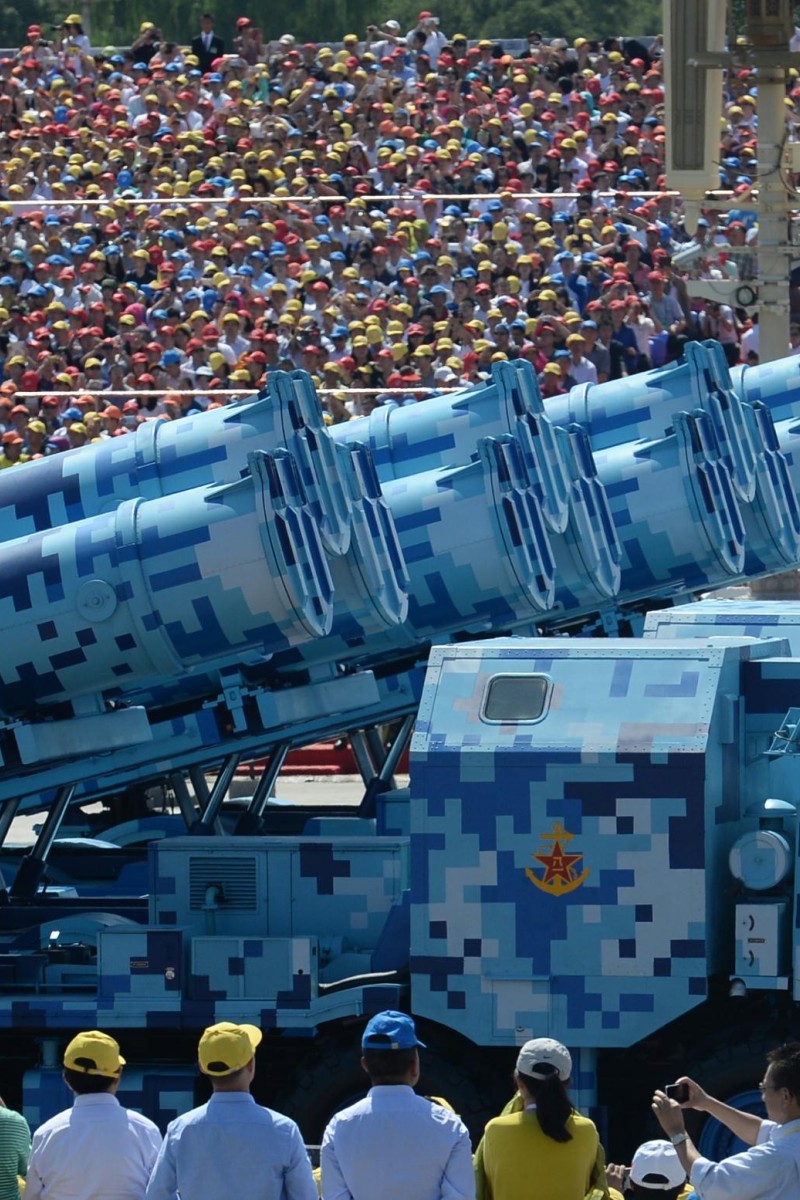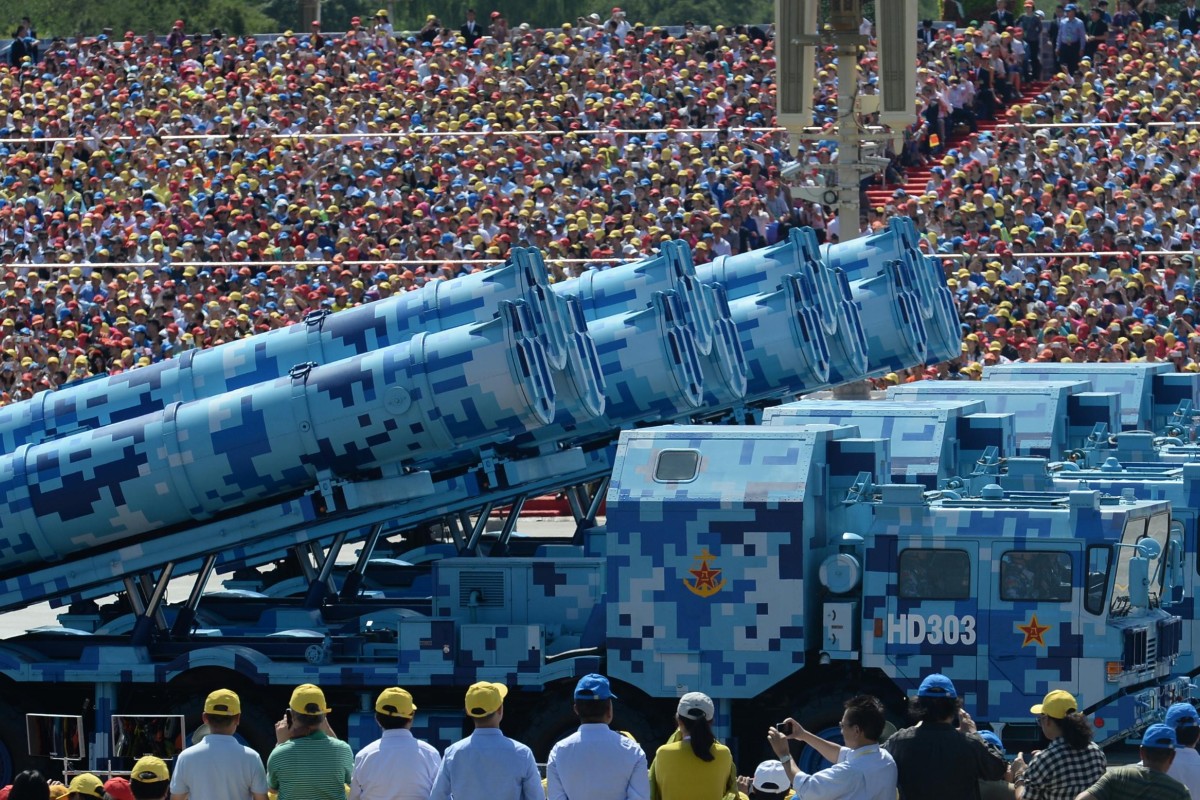
The real reason China wants to flex its military muscle

The celebrations in China marking the 70th anniversary of Japan’s surrender have drawn much attention from foreign press. “It’s a show of military might,” said some analysts. “They’re trying to send a message to their Asian neighbours,” said others. Although it may be tempting to condense Beijing’s actions into a single “message” or meaning, the reality is far more complicated.
Underneath the facade of grand military parades and bombastic speeches hides a deep-rooted sense of insecurity. In the past, China has been repeatedly kicked, exploited, and then humiliated by foreign powers; most notably, Japan. The Japanese not only plundered goods and resources from the country, but also committed unspeakable crimes against its people. Crimes such as forcing women into sexual slavery, testing biological and chemical weapons on civilians, and using humans for experimentation. The Western powers did little to save China. So it’s easy to see why a lot of Chinese people still feel like victims of colonial aggression despite decades of economic prosperity. It is this mindset, among other things, that drives the country’s urge to flex its military muscle from time to time.
The actions of the Japanese government since the end of the war have only exacerbated this issue. Shinzo Abe’s repeated visits to the Yasukuni Shrine, his bigoted response towards the Diaoyu Islands issue, and his blatant attempt to disguise a fully-equipped aircraft carrier as a “helicopter destroyer” have not done wonders for Sino-Japanese ties.
It’s not a problem that can be fixed simply by issuing an apology; the Japanese government has, admittedly, apologised for their war crimes on numerous occasions. It is the apathetic and insincere attitude of their politicians that have made it difficult for both sides to come to peace.
A look towards the West may offer some answers. Post-war Germany has managed to eradicate all traces of its National-Socialist past, insofar as making all icons of the Nazi regime illegal. War criminals were tried and punished; all victims were compensated to the fullest possible extent. Germany did not make any attempt to cover up its history, and has dealt with it in a responsible manner. Thus, it enjoys relatively good ties with Israel, as well as its European neighbours.
In stark contrast to Germany, Japan has failed to acknowledge its war record and has attempted to “massage” the facts in history textbooks. War criminals were also allowed to serve in government positions and no effort has been made to remove imperialist symbols. Heck, the “Rising Sun” flag is still in use to this day. Had Japan taken the same post-war path as Germany, China would have adopted a much more welcoming attitude.
Most Japanese people are pacifists; it does, indeed, appear to be a peace-loving nation.
However, the Abe administration has continually ignored the wishes of its people and maintained a strong, nationalist rhetoric. Combined with the still bitter mentality of the Chinese people, bilateral relations have not been overly positive. Though this is not the only reason behind China’s need to display power, it is, no doubt, one of the most important.